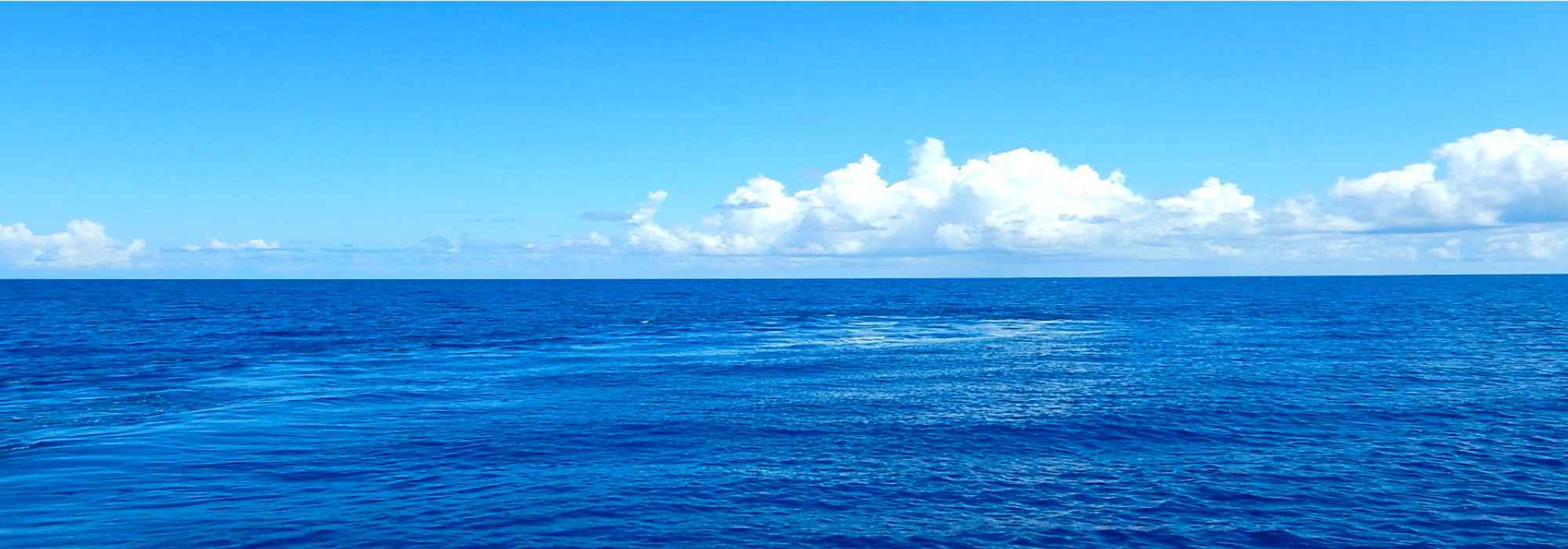Action and Movement > Beginning and Ending
14 Entries
Tuvaluan
日本語/English
Notes
v.
start, begin
動
始まる,始める
Ko kamata te tafaoga. The game has begun. Ko kamata ne au te fono i te tuutonu. I started the meeting at noon.
Ko kamata te tafaoga. 試合が始まった.Ko kamata ne au te fono i te tuutonu. 正午に会議を始めました。 [参] kamataga.
teka
v.
leave, be finished
動
去る;過ぎ去る;終わる
fai1
v.
do; accomplish
動
行なう,~をする;成し遂げる
taofi1
v.
stop; hold back
動
止める;控える;自制する
fakagatāga
n.
the act of terminating, the end
名
終えること,終わり
fakagata (terminate) + -ga (noun marker).
fakagata(終える)+ -ga(名詞マーカー). [参] fakagata.
gatāga
n.
the end, finish
名
終焉,終末,終わること
gata (finish) + -ga (noun marker).
gata(終える)+ -ga(名詞マーカー). [参] gata2.
